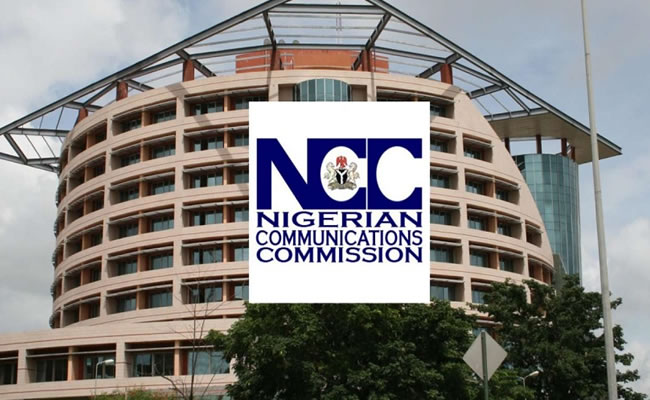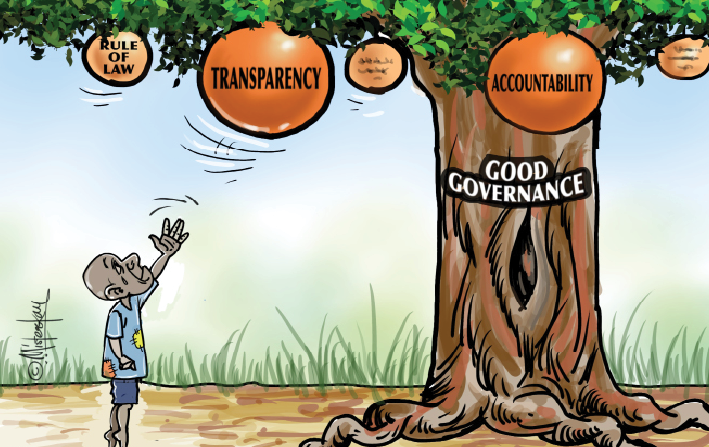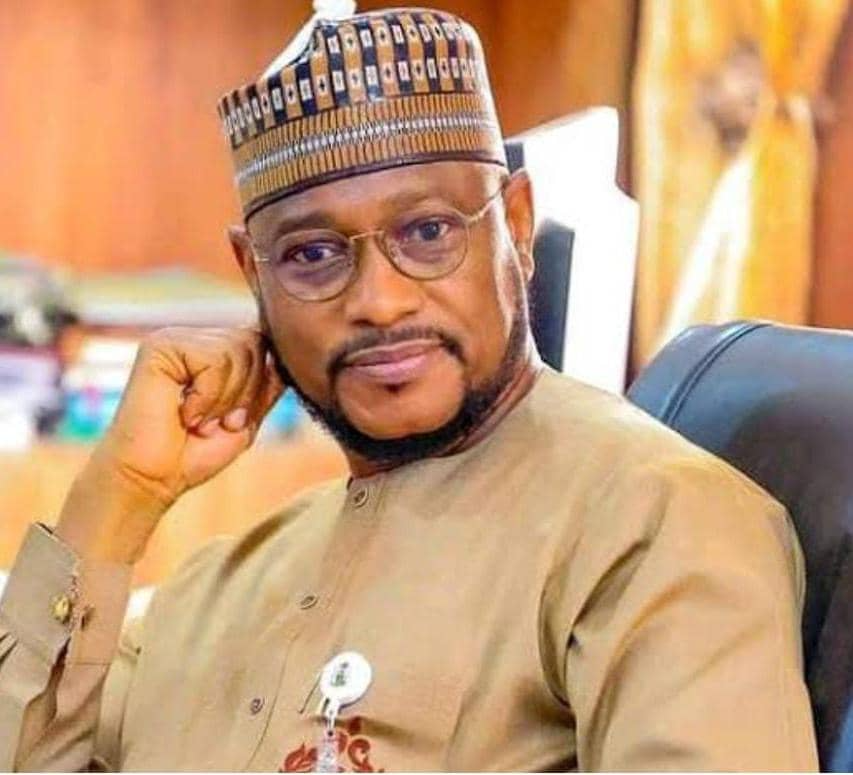In the world of international development, good governance is a concept often regarded as the golden standard. It is a well-intended ideal, urging transparency, accountability, participation, the rule of law, and responsiveness from governments. Globally, donors, development agencies, and even local governments tend to measure success by how closely nations align with these criteria. But for Nigeria, one of Africa’s most populous and influential nations, there is an urgent question that remains largely unaddressed: should good governance be the immediate goal, or is something more fundamental needed?
Since its return to democracy in 1999, Nigeria has been caught in an endless cycle of governance reforms, all aimed at promoting good governance. New laws are enacted. International partners provide technical assistance. Political elites deliver speeches on the importance of transparency and democratic values. But on the ground, the reality is far from what these ideals promise.
Electricity remains sporadic, healthcare underwhelming, education systems falter, and insecurity spreads like wildfire. The gap between the governance form and its function is undeniable. The pressing need for Nigeria is not governance in its idealised form, but a government that works—a state capable of fulfilling its core responsibilities and delivering basic services.
When Governance is More Form Than Function
At its core, Nigeria’s governance structures are intact. It boasts an established democracy, regular elections, and a free press. In theory, the country has all the necessary ingredients for good governance. Yet, despite these features, the country continues to struggle with fundamental issues: access to healthcare, electricity, education, and security.
Take Nigeria’s power sector, for example. The country has vast oil reserves and is home to one of Africa’s largest economies. Yet, power outages are frequent, and the national grid often fails to deliver electricity to homes and businesses. Similarly, the education system – despite numerous reforms and substantial government spending – remains underfunded, under-resourced, and inefficient, failing to provide the quality of education that Nigerian youth need.
Even more pressing is the state’s inability to ensure basic security. With insurgencies in the northeast, banditry in the northwest, and ethnic violence elsewhere, millions of Nigerians live in fear. The state’s inability to address these challenges erodes trust in its capacity and legitimacy.
This disconnect between democratic structures and the state’s inability to deliver services creates a crisis of legitimacy. While elections and democratic processes continue, they are meaningless to citizens who cannot rely on their government to provide for their basic needs or ensure their safety.
Nigeria’s current path – a focus on the external form of democracy while neglecting the internal functionality – can only lead to continued disillusionment. What the country needs now is not just another governance reform initiative, but a shift towards a functional governance framework: a government that works, even if it doesn’t yet fulfill every idealistic promise of democratic governance.
Functional Governance: A Realistic Path Forward
Functional governance doesn’t seek to abandon democratic ideals. Instead, it prioritises building the state’s capacity to deliver essential services. As Merilee Grindle puts it, good enough governance focuses on creating a state that is capable of meeting basic needs before striving for more complex goals. In fragile states like Nigeria, this means focusing on the foundations: security, public service delivery, and fiscal responsibility.
Francis Fukuyama, in his discussions of state capability, highlights that the legitimacy of a state is not simply determined by the existence of elections or the formal separation of powers. A state’s legitimacy comes from its ability to effectively carry out its responsibilities—providing security, delivering public services, and managing the economy. For Nigeria, building a capable state, one that can deliver basic services and maintain public order, should take precedence over the often lofty ideal of good governance.
By focusing on capacity, Nigeria can gradually work towards a more effective form of democracy. Good governance will naturally follow once the government is seen as capable and trustworthy. Until then, the focus must be on addressing the basic issues that plague the Nigerian state: poor service delivery, insecurity, and underdevelopment.
Examples From Other Nations
The importance of a functional state is not a novel idea. There are several examples globally where countries have prioritised building state capacity before focusing on broader democratic ideals. Rwanda, for instance, has made remarkable strides in development over the last two decades. While its political system may not conform to Western ideals of democracy, the government has focused on ensuring that basic services – such as healthcare, education, and infrastructure – are efficiently delivered to its citizens.
Similarly, Singapore’s rise from a third-world country to a global economic powerhouse is largely attributed to its strong, efficient, and non-corrupt bureaucracy. The government first focused on building institutions that were capable of managing the country’s economy and ensuring security before moving on to political liberalization.
Vietnam offers another example. The country’s rapid economic growth is largely attributed to the creation of an efficient and capable bureaucracy. Like Singapore and Rwanda, Vietnam focused on functionality – building institutions that could deliver basic services – before pursuing broader democratic reforms. Only after creating a functional government did these countries focus on political participation and accountability.
These examples show that good governance is a process, not an immediate goal. Countries that are functionally capable first, democratic later, are in a stronger position to promote long-term stability and inclusive growth.
What A Functional Nigerian State Should Look Like
First, it would have a competent and professional civil service. Too often, Nigeria’s bureaucracy is overwhelmed by political interference and poor incentives. Building a merit-based civil service that can effectively implement policies and deliver services is crucial for the country’s development.
Second, Nigeria needs functioning infrastructure. Roads, electricity, water supply, and telecommunications are basic public goods that should be prioritized. Nigeria cannot hope to achieve economic development or address poverty if it cannot even provide its citizens with these essential services.
Third, Nigeria’s security apparatus must be reformed and resourced. Insurgencies, banditry, and ethnic violence continue to threaten the stability of the country. A functional government must focus on security reform and ensure that the police and military are adequately trained, equipped, and incentivized to protect citizens.
Finally, fiscal responsibility is a must. Nigeria has long struggled with mismanagement of its finances, with corruption often hindering the country’s ability to raise and allocate funds effectively. A government that functions well must prioritize transparency, accountability, and fiscal discipline to ensure that public resources are used for the benefit of citizens.
The Path to Trust and Legitimacy
The fundamental challenge for Nigeria is the erosion of trust between the government and its citizens. Trust is built when the state proves it can deliver on its promises, not through rhetoric, but through consistent performance. When Nigerians see that their government is providing security, electricity, and jobs, they will begin to trust it.
This is the path to long-term stability. It is not the quick fix of an election cycle or a new set of policies, but a deep, sustained effort to build a government that works. Once this functional state is in place, it will be easier to push for greater accountability, transparency, and democratic governance.
We’ve got the edge. Get real-time reports, breaking scoops, and exclusive angles delivered straight to your phone. Don’t settle for stale news. Join LEADERSHIP NEWS on WhatsApp for 24/7 updates →
Join Our WhatsApp Channel
 19 hours ago
8
19 hours ago
8















 English (US) ·
English (US) ·